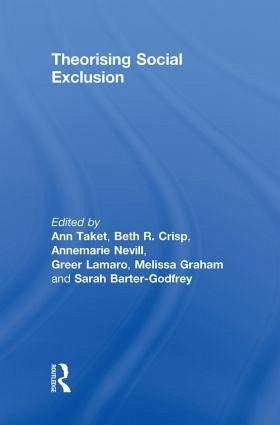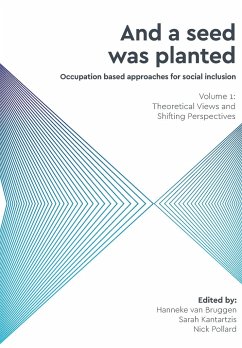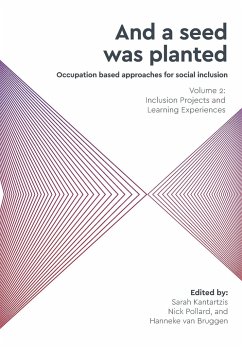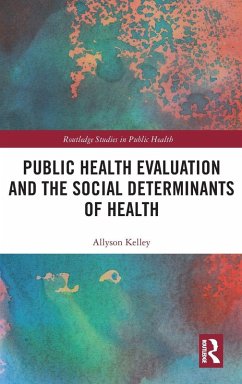
Theorising Social Exclusion
Versandkostenfrei!
Versandfertig in 1-2 Wochen
168,99 €
inkl. MwSt.
Weitere Ausgaben:

PAYBACK Punkte
84 °P sammeln!
Social exclusion attempts to make sense out of multiple deprivations and inequities experienced by people and areas, and the reinforcing effects of reduced participation, consumption, mobility, access, integration, influence and recognition. This book reflects on the thinking, literature and research into social exclusion and social connectedness.
This book works from a multidisciplinary approach across health, welfare, and education, linking practice and research in order to improve our understanding of the processes and principles that foster social exclusion and how to prevent it.













